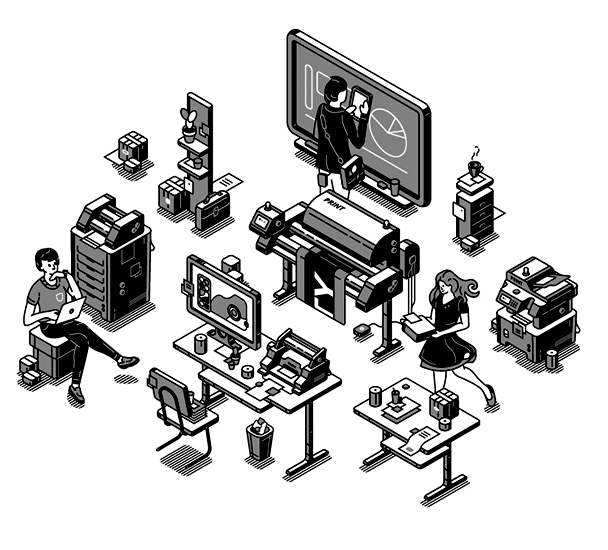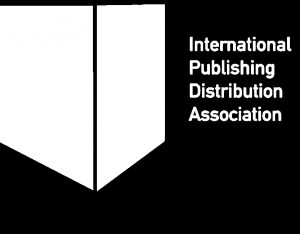The European Commission presented a communication on March 9th vision about the targets and strategies for a successful digital transformation of Europe by 2030, within the framework of the transition towards a climate neutral, circular and resilient economy. This strategy is named as a Europe’s Digital Decade, the course towards a digitally empowered Europe by 2030.
“The EU’s ambition is to be digitally sovereign in an open and interconnected world, and to pursue digital policies that empower people and businesses to seize a human centred, sustainable and more prosperous digital future. This includes addressing vulnerabilities and dependencies as well as accelerating investment”.
This communication by Von der Leyen presents a vision, targets and avenues for a successful digital transformation of Europe by 2030. This is also critical to achieve the transition towards a climate neutral, circular and resilient economy. The EU’s ambition is to be digitally sovereign in an open and interconnected world, and to pursue digital policies that empower people and businesses to seize a human centred, sustainable and more prosperous digital future. This includes addressing vulnerabilities and dependencies as well as accelerating investment.
The statement follows President von der Leyen’s call to make the next years Europe’s ‘Digital Decade’; responds to the European Council’s call for a ‘Digital Compass’; and builds on the Commission’s digital strategy of February 2020. The Communication proposes to agree on a set of digital principles, to rapidly launch important multi-country projects, and to prepare a legislative proposal setting out a robust governance framework, to monitor progress – the Digital Compass.
What the Europe’s Digital Compass?
This Digital Compass proposed aims to translate the EUʼs digital ambitions for 2030 into concrete terms, based on 4 pillars:
- Digitally skilled citizens and highly skilled digital professionals
By 2030, at least 80% of all adults should have basic digital skills, and there should be 20 million employed ICT specialists in the EU – while more women should take up such jobs.
- Secure, performant and sustainable digital infrastructures
By 2030, all EU households should have gigabit connectivity and all populated areas should be covered by 5G; the production of cutting-edge and sustainable semiconductors in Europe should be 20% of world production; 10,000 climate neutral highly secure edge nodes should be deployed in the EU; and Europe should have its first quantum computer.
- Digital transformation of businesses
By 2030, three out of four companies should use cloud computing services, big data and Artificial Intelligence; more than 90% SMEs should reach at least basic level of digital intensity; and the number of EU unicorns should double.
- Digitalisation of public services
By 2030, all key public services should be available online; all citizens will have access to their e-medical records; and 80% citizens should use an eID solution.
Potential opportunities for the publishing industry
The Compass sets out a new joint governance structure with Member States based on a monitoring system with annual reporting in the form of traffic lights. From the perspective of the European publishing industry two of those cardinal points seem to be interesting:
- The prospects of setting in place new projects for the improvement of professionals of the publishing industry regarding digital skills.
- The support of the implementation of actions for business digital transformation.
In the case of the digitalisation of public services there is also the chance for partnerships and a new market in the public libraries and the educational systems.
The Commission President Ursula von der Leyen said: “Europe has a lifetime opportunity to build back better. With the new multi-annual budget and the Recovery and Resilience Facility, we have mobilised unprecedented resources to invest in the digital transition. The pandemic has exposed how crucial digital technologies and skills are to work, study and engage – and where we need to get better. We must now make this Europe’s Digital Decade so that all citizens and businesses can access the very best the digital world can offer. Today’s Digital Compass gives us a clear view of how to get there.”






